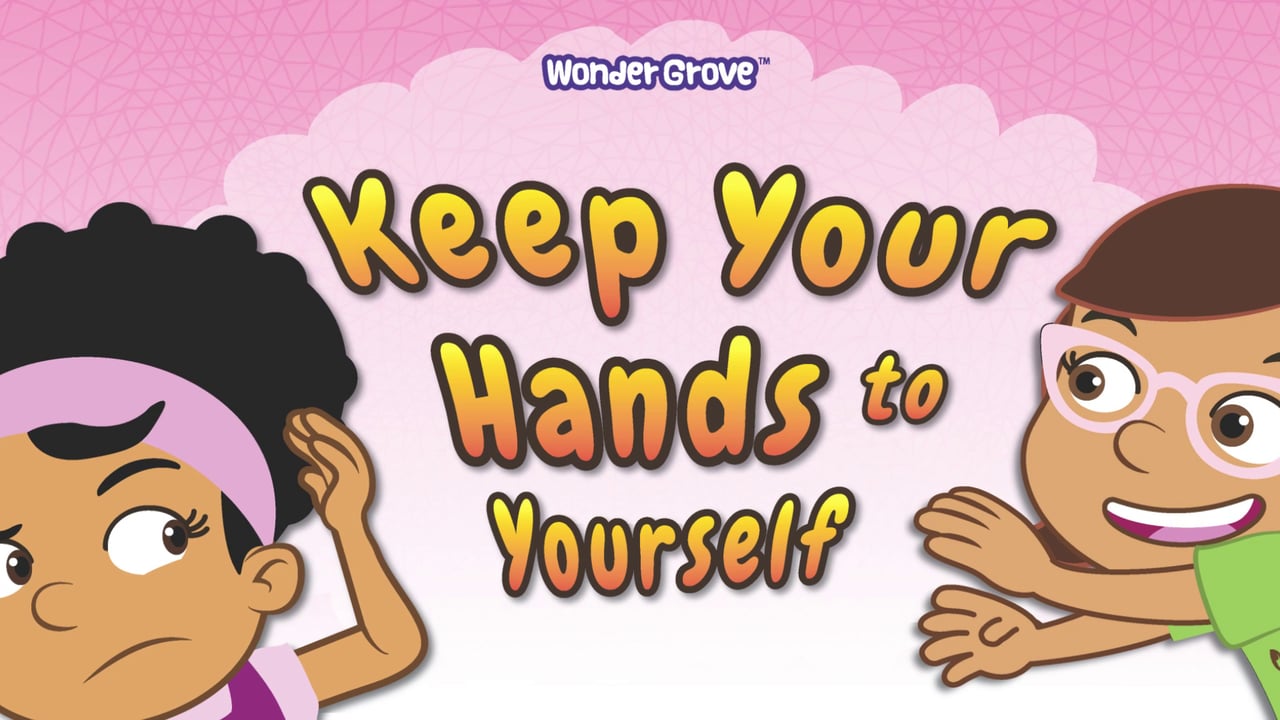


It can help stop people picking up infections and spreading them to others. Washing your hands properly removes dirt, viruses and bacteria to stop them spreading to other people and objects, which can spread illnesses such as food poisoning, flu or diarrhoea. after touching animals, including pets, their food and after cleaning their cages.Boy1: (looking at Boy2’s truck, internal thought) I want to play with the truck.
Boy2: I don’t want to play with you anymore. When we take things and put our hands on other people, it can make them feel upset and not want to play with us. before and after treating a cut or wound Safe hands means keeping our hands to ourselves.after blowing your nose, sneezing or coughing.before and after handling raw foods like meat and vegetables.after using the toilet or changing a nappy Washing your hands is one of the easiest ways to protect yourself and others.If you do not have immediate access to soap and water then use alcohol-based hand sanitiser if available. Use the disposable towel to turn off the tap. Dry your hands completely with a disposable towel.ġ1. Rub the tips of your fingers on the palm of your other hand. Rub your fingertips together and rub the back of your fingers against your palms.ħ. Grip the fingers of each hand together with the backs of your fingers against the palms of your other hand. Rub your hands together and clean in between your fingers.Ħ. Use one hand to rub the back of the other hand and clean in between the fingers. You should wash your hands for the amount of time it takes to sing "Happy Birthday" twice (around 40 seconds in total):Ģ.

It's a good idea to remove jewellery (if possible) before washing your hands.


 0 kommentar(er)
0 kommentar(er)
